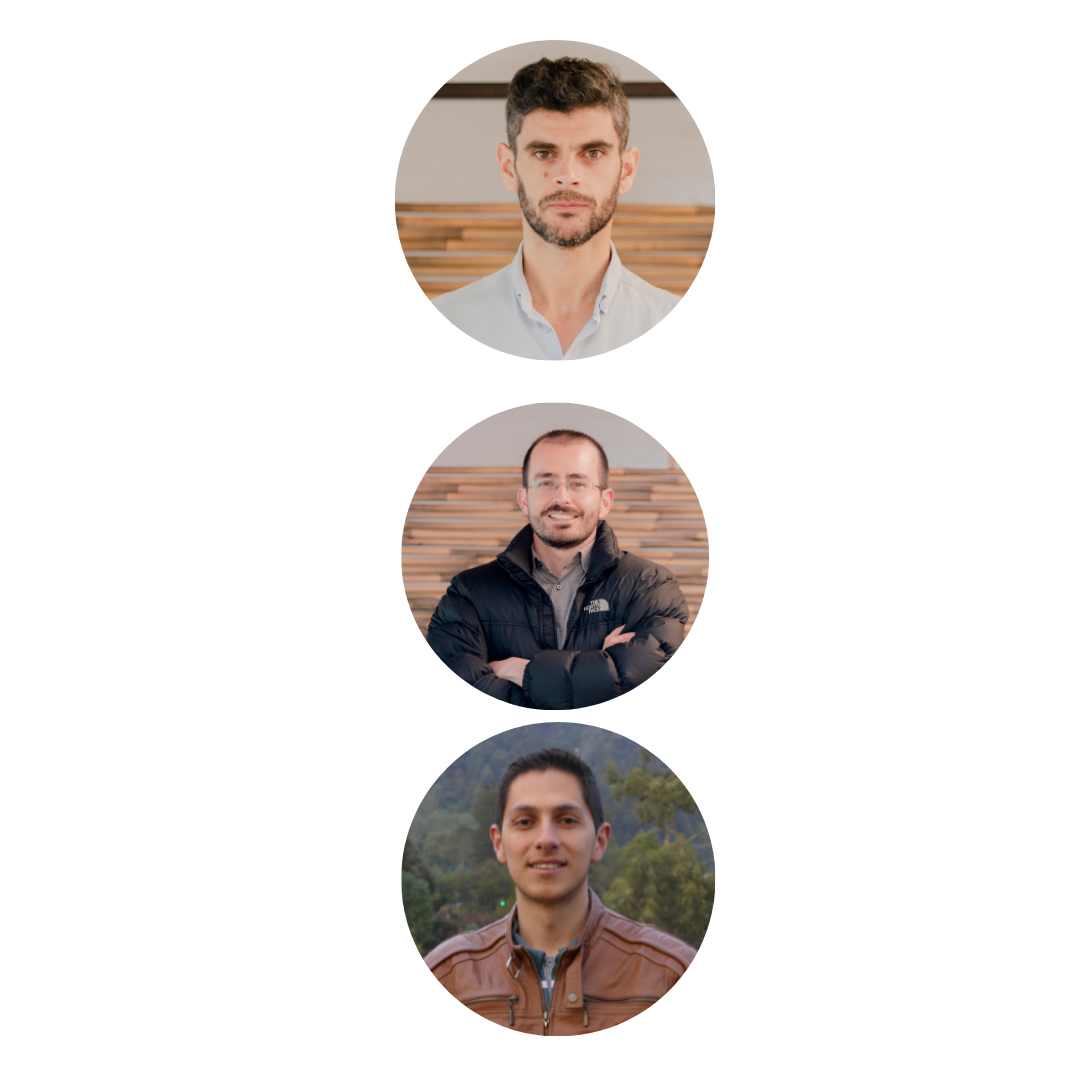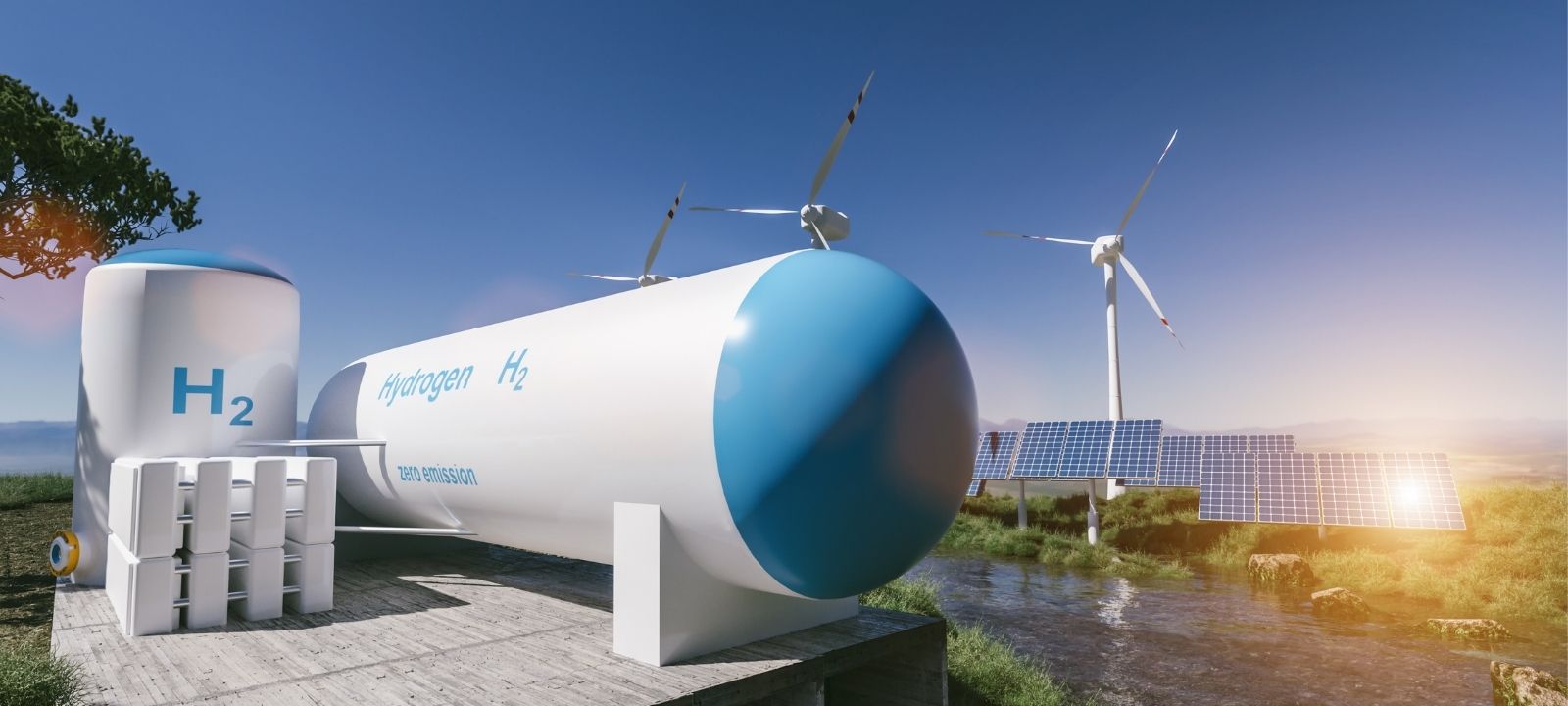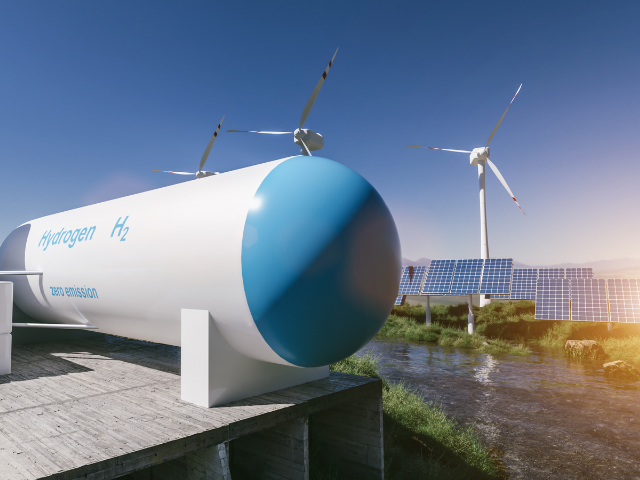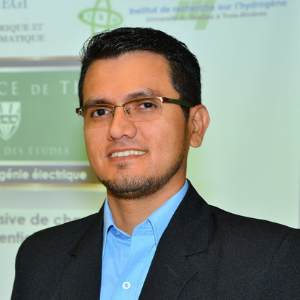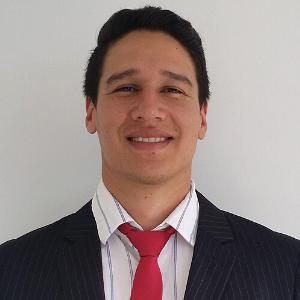Data-driven optimization for distributed energy resources
Descripción
Integration of Distributed Energy Resources (DER) contributes to the decarbonization of current power systems and allows customers to take an active role by consuming and providing grid services as prosumers. These new scenarios require the modernization of distribution networks to increase their reliability, interoperability, security, flexibility, and efficiency. In this context, decision-makers can combine advanced optimization modeling techniques to coordinate the integration of DERs properly and to guarantee the balance between supply and demand. This course aims to introduce general aspects of data-driven optimization techniques for the sizing and management of DERs in the context of modern power systems.
Profesores invitados
Iván D. Serna
B.S. (2008), M.Sc. (2011) and Ph.D. (2019) degree in Electrical Engineering from Universidad Industrial de Santander. Since 2014 He has been a lecturer of Electricity Power Markets courses in Universidad Industrial de Santander (undergraduate), Universidad de Santander (postgraduate) and Universidad Tecnológica y Pedagógica de Colombia (postgraduate). Additionally, He was the Academic Coordinator of the Master Program on Renewable Energy Resources at UDES from 2016 to 2020. Meanwhile, he also got involved in: (1) The formulation, defense, and approval (by the Colombian Education Ministry) of the doctoral program on renewable energy resources at UDES; (2) The successful execution of The CRUX project, an Erasmus+ project financed by the European Union (http://www.thecruxproject.eu/). Furthermore, He also supported the information gathering and further editing of the final document of the Colombian Presidency initiative called "Misión de Sabios: Foco Energía". Currently, He is developing a reliability analysis and automatic reconfiguration software for improving the continuity indexes of Santander's electrical network operator (ESSA S.A. E.S.P.). Besides, He is currently working with GISEL research group on: Coordinated electricity and natural gas optimal dispatch, Renewable Power-to-Gas technology integration to power markets, and innovative market mechanism to value power system flexibility.
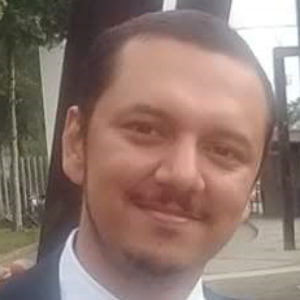
Nilson Henao
He received his B.S. degree in Electronics Engineering from the Universidad de los Llanos, Villavicencio, Colombia, in 2010, his M.Sc. degree in 2013 and his PhD degree in 2018 in Electrical Engineering from the University of Quebec at Trois-Rivieres (UQTR), QC, Canada. His research interests are related to machine learning methods for power system applications like residential load optimization, load monitoring and diagnosis, and plug-in electric vehicles.
Juan Carlos Oviedo
He is an Engineer and PhD in electrical engineering from the Universidad Industrial de Santander. During his doctoral studies, he completed two research internships at the Université du Québec à Trois-Rivières, at the Hydrogen Research Institute (Canada) and one at the Université de Technologie Belfort-Montbéliard at La Fédération de Recherche FCLAB (France), as well as collaboration with the Ontario Tech University (Canada). His PhD thesis contributed to the sustainable energy topic of the Misión de Sabios organized by the Government of Colombia. He is currently working as an industry research scientist at the Laboratoire des technologies de l'énergie (LTE) of Hydro-Quebec. His research interests lie in the integration of distributed energy resources, optimal sizing and operation of autonomous microgrids, transactive energy markets, and machine learning applications for smart grids.
Contenido
The content is proposed as follows:
hour | July 12 | July 13 | July 14 | July 15 | July 16 |
8:00 - 9:50 | Introduction - Course description.
- Cloud computing.
- Continuous integration and deployment (CI/CD).
- Energy Internet of Things (eIoT).
| Optimization techniques - Fundamentals.
- Principle of optimality.
- Dynamic programming.
- Convex programming.
- Workshop: Demand prediction, Bellman and CVXPY.
| Distributed optimization - Fundamentals
- Main distributed optimization methodologies.
| Game theory - Fundamentals.
- Cooperative and non-cooperative games.
- Application to oligopolistic competition: Cournot and Stackelberg equilibrium (price leader and quantity leader).
| Stochastic optimization - Information theory and systems entropy.
- Bayesian inference.
- Monte Carlo.
- Workshop: Prediction of demand with uncertainty.
|
9:50 - 10:00 | rest | rest | rest | rest | rest |
10:00 - 11:50 | Distributed Energy Resources (DERs) - Technical fundamentals of main technologies.
- Integration of DERs in the power system.
- Workshop: Case studies.
| dimensioning - Fundamentals.
- Software available.
- Sizing of isolated microgrids and DERs.
- Workshop: Sizing a storage system.
- Work: Sizing of a photovoltaic system with storage.
| Distributed optimization Workshop: Consensus and ADMM | Energy markets - Fundamentals.
- Structure of energy markets.
- Primary electricity markets.
- Secondary electricity markets.
- Workshop: Example of energy auction.
| Modernization of the power system - Facing complexity.
- Management of DERs using Transactional Energy.
- Management of DERs using multi-agent systems.
- Taller: Spade, Pymarkets.
|
